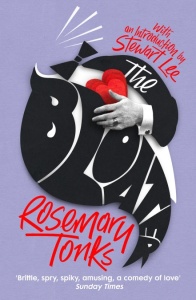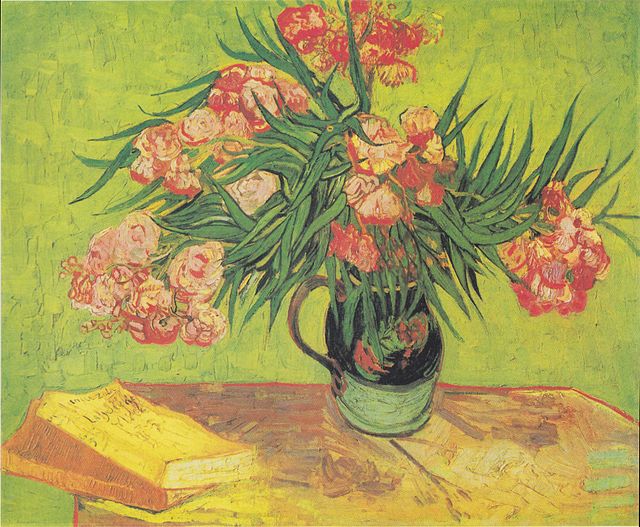
Publication date – 5 May 2022
The reader comes into the story for a brief period. We do not know how Min and George met, how they came to be married. His absence from scenes in the book perhaps speaks volumes as to how she views him. She once forgot he was in the same room as her and turned off the lights as she left, with him still sitting there. Min goes about her life with barely a thought towards poor George, except when she thinks she may send her friend Raquel in his direction. And yet, despite this, she has men falling at her feet. Min thrives on drama. She makes going to the opera with The Bloater into a snide game to see how far she can push him. She changes conversations for entertainment value, or sometimes because they come close to a point where she will reveal her true feelings, or simply because she likes to be in charge.
The story goes that Rosemary Tonks found religion later in life and thereafter destroyed all copies of the book she could find. Such was the case that there are few original editions remaining. Whilst there is discussion of extra-marital sex and for that matter pre-marital sex, it is perhaps the fact that women speak so obviously about sex. Originally published in 1968, women’s liberation was in it’s prime. There is much talk between Min and her friend Jenny about the Karma Sutra , and there’s the unwritten suggestion that these women are seeking pleasure on their terms. It is perhaps this dawning enlightenment that leads Min to act as she does, with a cavalier attitude to making the men close to her fall in love with her, even if, as in the case of The Bloater, he repulses her and fascinates her in equal measure.
Min works at the BBC as an audio engineer, where she is struggling to replicate the sound of a heartbeat. At home, other matters of the heart are making a mockery of life as Min knows it.
This is a short novel, at less than 150 pages, and it is perhaps one of it’s time. It is however an interesting character portrayal at a woman perhaps not always depicted on the page at the time.
Source – review copy
Vain, materialistic, yet surprisingly tender, The Bloater is a sparklingly ironic comedy of manners for all flirtatious gossips who love to hate and hate to love.
Published by Vintage
Min has a settled sort of life. A job she doesn’t detest, though doesn’t love, a husband for which the same could be said and friends that are just on the right side of needy and fawning. Then there’s The Bloater, her lodger, an opera singer who both repulses her and attracts her. Min has to decide if she should allow The Bloater to believe his overtures are welcome or not, and consider the other men in her life at the same time.
Min isn’t an especially nice character. She is selfish and self-centred. She thinks mainly of her own entertainment. She admits she tries to dampen down conversation, to think of comments that will put others in their place or turn a conversation in the direction she wants it to go.
Min has found herself the object of her lodger’s affection. An internationally renowned opera singer she’s nicknamed ‘The Bloater’, Min is disgusted and attracted to him in equal measure. But with a husband so invisible that she accidentally turns the lights off on him even when he’s still in the room, Min can’t quite bring herself to silence The Bloater’s overtures.






